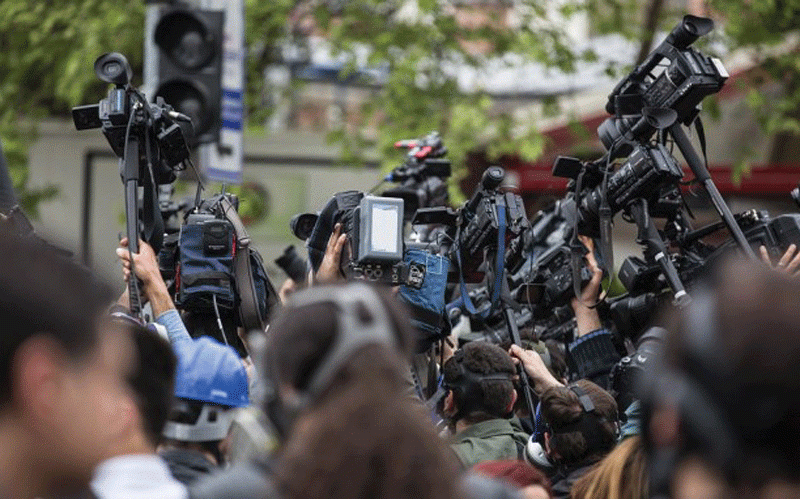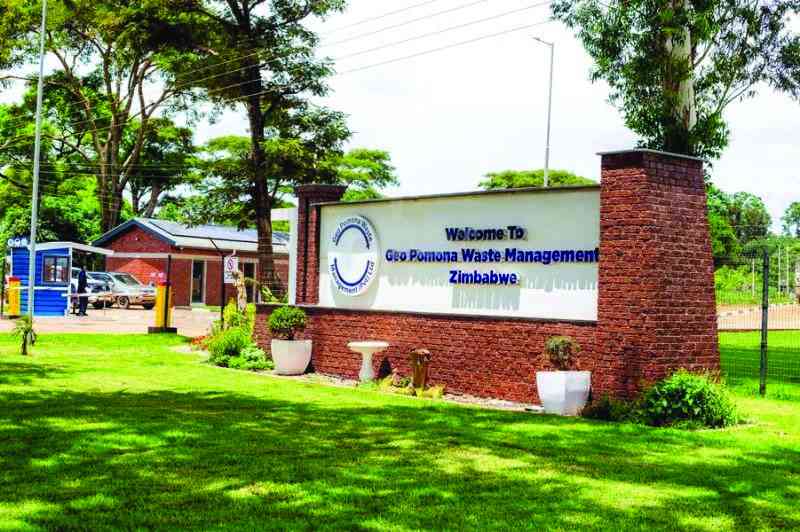
During previous elections, candidates and their supporters used hate speech especially for threatening purposes.
Women and other political supporters found themselves exposed to the verbal crossfire of the two main political parties, the ruling Zanu PF and the opposition.
Dealing with hate speech during elections is a crucial aspect of promoting peaceful and inclusive democratic processes.
Zimbabwe can consider taking some processes to eliminate hate speech in its body politic.
The government can review and update existing laws to specifically address hate speech during elections.
This could include defining hate speech clearly and implementing appropriate penalties to discourage its use instead of the government giving priority to the Patriotic Bill which goes against the Zimbabwean constitution, which guarantees freedom of expression and association for its citizens.
Educating the public about recognising and critically analysing hate speech can contribute to reducing its impact.
Implement media literacy programmes in schools and through community outreach initiatives, emphasising the importance of responsible communication.
- Corruption Watch: Get scared, 2023 is coming
- Corruption Watch: Get scared, 2023 is coming
- Letters: Ensuring Africa’s food security through availability of quality seeds
- Is military's involvement in politics compatible with democracy?
Keep Reading
Media sometimes fail to monitor and assess what politicians say before they are given space in newspapers, radio and television stations, hence responsible journalism is encouraged.
This can be done by ensuring ethical reporting practices among journalists, encouraging them to prioritise accurate, fair, and unbiased coverage, particularly during election campaigns.
There must also be promotion of professional development programmes to enhance their understanding of hate speech and its consequences.
The world is fast moving to a small digital village and enhancing monitoring reporting mechanisms is a must.
The government of Zimbabwe should establish effective and dedicated bodies or task forces to monitor hate speech in both traditional and online media.
It must also encourage citizens to report instances of hate speech during elections.
This can help identify hotspots, patterns, and key actors involved.
The government can also collaborate with major social media companies to develop and enforce clear guidelines against hate speech during election periods.
Requesting their assistance in monitoring and removing offending content from their platforms is key.
Diplomacy is encouraged in conflict resolution to promote dialogue and public debate in a bid to discourage hate speech in a bid to foster an environment where individuals can express diverse opinions peacefully.
Organising platforms and debates where candidates can engage with the public, promoting healthy discussions that focus on issues rather than personal attacks is also encouraged.
The love for political power remains a potential threat to national peace and development.
The Zimbabwe Republic Police (ZRP) must utilise new technology and launch public awareness campaigns that highlight the negative impacts of hate speech on society and the importance of respectful discourse during election period.
All this can be very useful through equipping law enforcement agencies with the necessary training and resources to effectively identify and address hate speech incidents and swiftly investigate and prosecute those responsible for inciting violence or spreading hate speech.
Discriminatory discourses have been used by many political actors in some form or another.
Unfortunately, this is a very frequent practice, and while it is true that certain political leaders insist on such a communication style more than others, I do not believe the problem is merely individual.
Surely, it is also a reflection of a larger structural issue that affects the entire society and necessitates societal transformation.
It is essential for Zimbabwe to take a multi-faceted approach, combining legal measures, public education, and community engagement to combat hate speech effectively during the 2023 elections.
Zimbabweans must better understand the extent and consequences of this phenomenon, which appeared to be very pervasive during the election period.
- Evans Mathanda is a journalist and development practitioner who writes in his personal capacity. For feedback email: [email protected] or call 0719770038 and Twitter @EvansMathanda19







